EVs on board car carrier Fremantle Highway are reported to be “in good condition” and salvageable after a fire that broke out on the vessel on 25th July, according to first inspections.
The fire on the K Line vessel, which was north of Ameland in the North Sea, killed one member of the crew on board and left several of the remaining 22 crew members injured. It was carrying up to 500 EVs among more than 3,700 vehicles on board, which had prompted questions about EV safety risks in FVL.
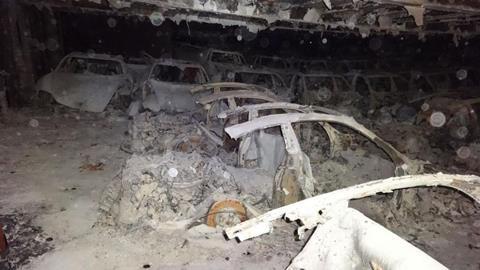
The Dutch Safety Board and the Panamanian authorities have started an exploratory investigation into the fire. The cause is still unknown, but salvage company Boskalis said that the EVs appear to be in good condition. Peter Berdowski, CEO, Boskalis Salvage Company told local Dutch press that the 500 EVs are among the 1,000 vehicles that “seem to be in good condition” and are “perfectly movable”.
It has been reported in the local media that the lower four of twelve decks on the vessel are relatively undamaged, which is where the 1,000 salvageable vehicles (including the EVs) were located. Meanwhile, the four uppermost decks were so badly burned that Berdowski said it was difficult to access them, with the decks “totally fused with the cars”.
Now oil will be pumped out of the ship at the Eemshaven port in Netherlands, where it was towed, to reduce any risk of oil spills. The OEMs of the cars involved, including Volkswagen, BMW and Mercedes-Benz, will then inspect the undamaged vehicles and instruct the salvage teams on whether they are to be removed.
However, it is unclear how the vehicles will be recovered, due to the risk of fires restarting if the vehicles are damaged. Berdowski said: “You wouldn’t want the cars to catch fire again during the moving process and restart the entire misery. Moreover, these cars have charged batteries with high voltage, which can be extremely dangerous.”
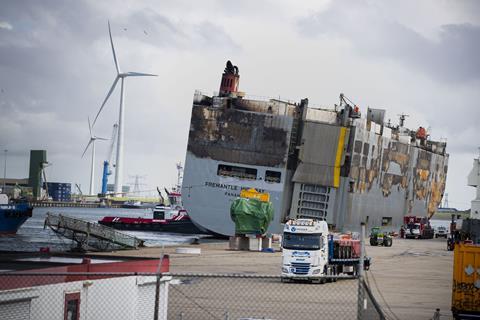
The Fremantle Highway can stay at the Eemshaven port until 14th October. After that, it will either be removed to another location for repairs or scrapped along with the wrecked cars.
Following the initial inspection of the vessel, the International Union of Marine Insurance (IUMI) said that focus must be put on identifying risks and safety measures related to EVs and how they can be mitigated. It stressed that to date, “no fire onboard a ro-ro or PCTC has been proven to have been caused by a factory-new EV”.
The Union is also involved in an international research project aiming to significantly reduce the risk of fires on board ro-ro vessels, known as Lash Fire. Its research found that EV fires are not more common or more intense than ICE fires, and that the toxins released in fires of both types of vehicles were similar, with most of the energy for the fire coming from the plastics and materials in the car rather than the battery itself. The danger however is the risk of thermal runaway that can be caused when batteries are exposed to fire, which is difficult to stop.
BMW, Mercedes-Benz and Volkswagen have been contacted for comment.





























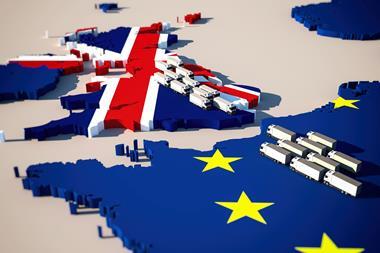
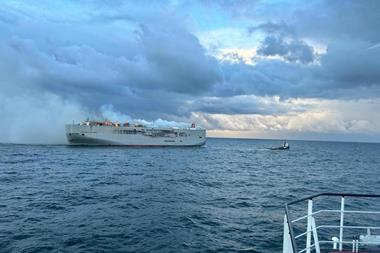
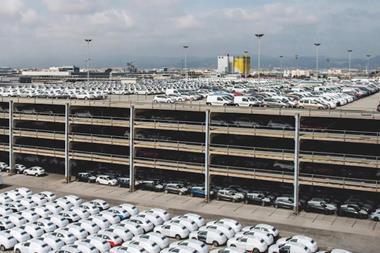
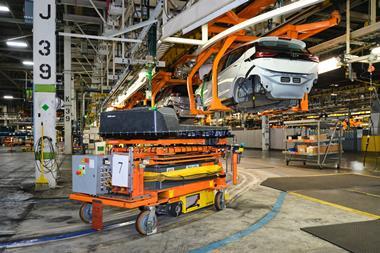





1 Reader's comment